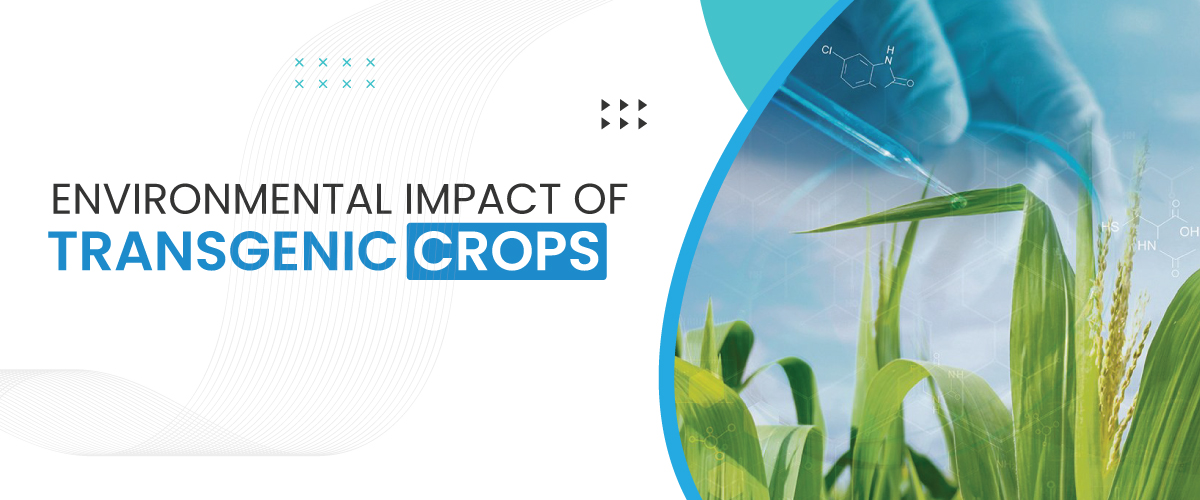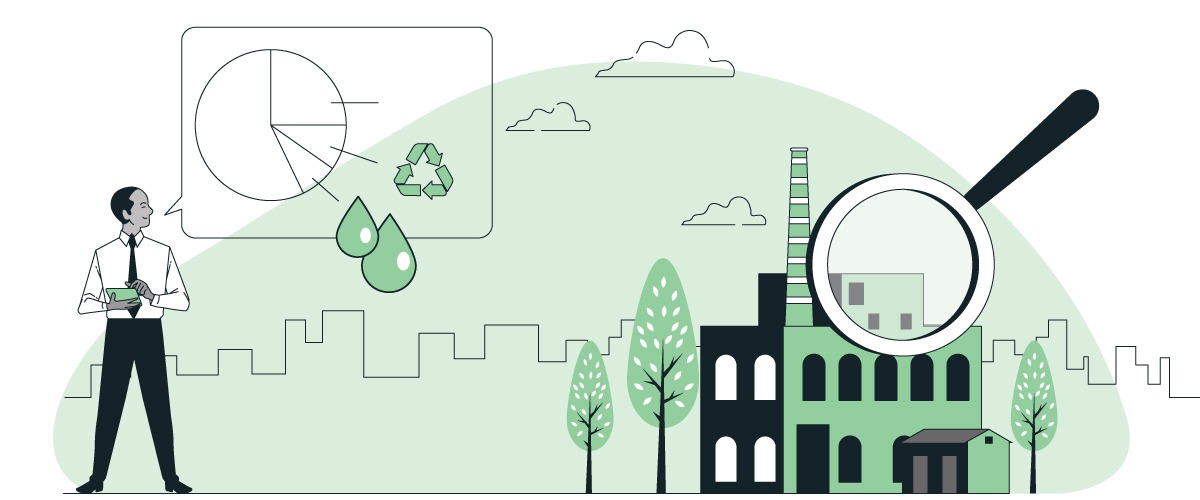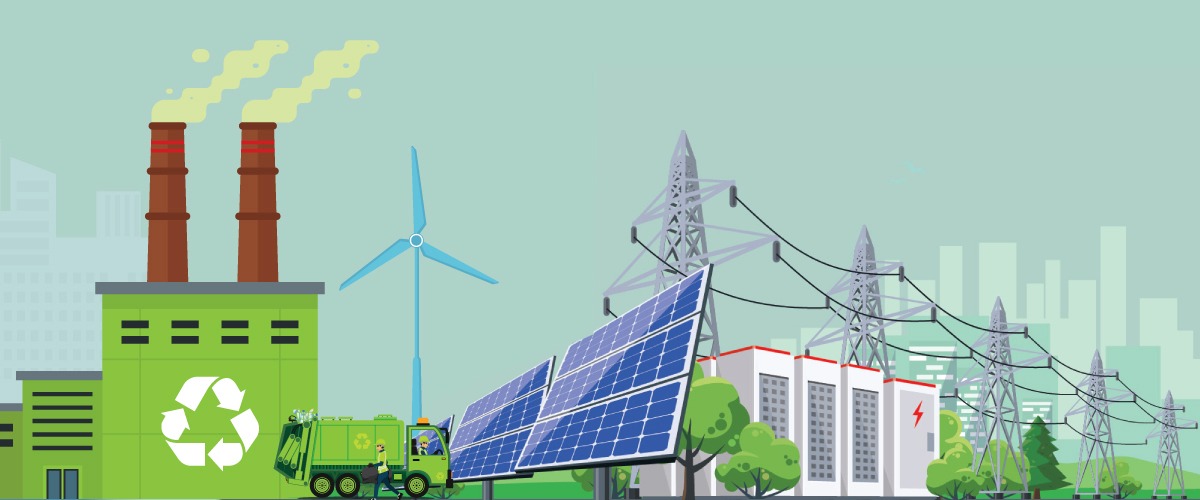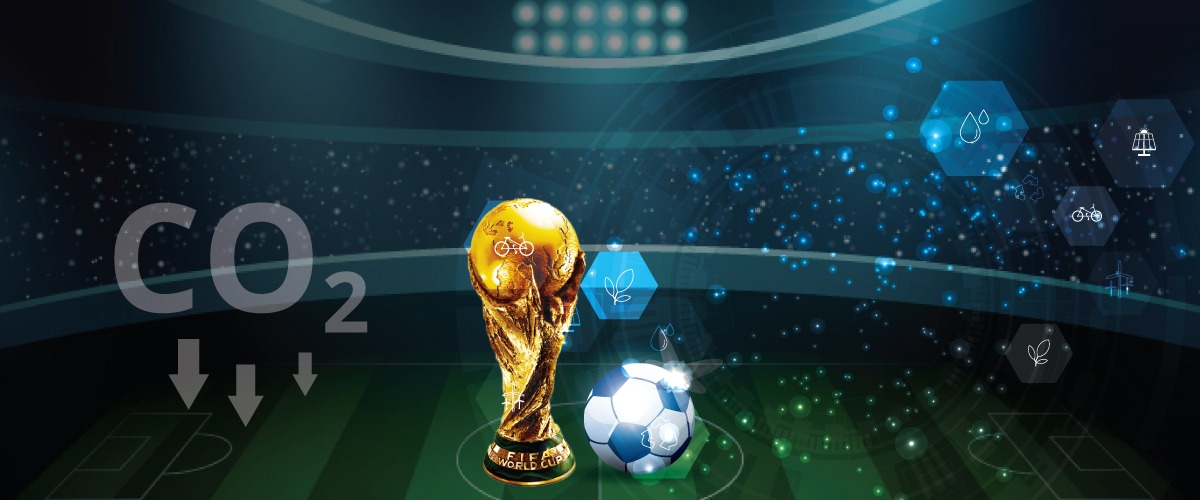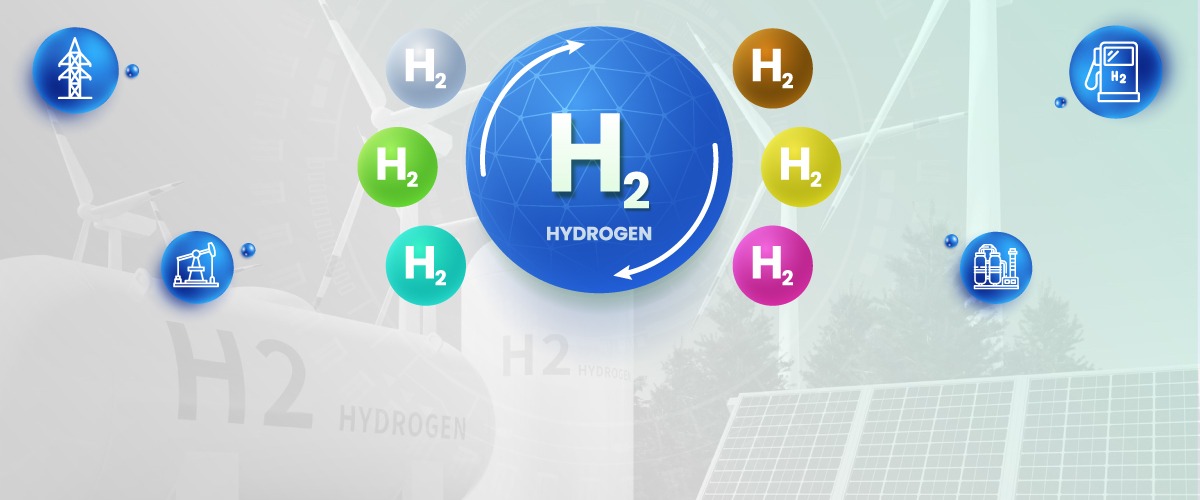5 Easy Ways to Identify Greenwashing
As conscious consumerism is rising, customers are looking for more eco-friendly and sustainable alternatives, and many are even ready to pay extra for eco-friendly products. The companies that have adapted to the new shift in consumer preferences hold a competitive edge in the market.
However, making eco-friendly adjustments in the company’s operations can be expensive, and hence, some companies have resorted to misleading advertisements of their products, also known as ‘greenwashing’. The term was coined by the environmentalist Jay Westervelt in 1986.
What is Greenwashing?
In simple terms, greenwashing refers to misinformation and misleading advertisements intended to make a business or a product look more eco-friendly. Being a multifaceted term, there is no rigid definition of greenwashing.
Brands are not obliged to be sustainable in their processes or ethics, to be fair. But since the tides are very effectively turning towards conscious consumerism, some try to harp on the opportunity, claiming that they are helping the environment.
According to the different analyses, the cultural meanings of nature were used to create enticing symbols that represent the products as clean, fresh, and natural. Although there needs to be detailed work to identify deceptive green advertising campaigns and the methods, they use to mislead the public, we present five tips you can follow to identify greenwashing.
Here are five ways to identify greenwashing
- Trust certifications, not words
There are multiple brands, each claiming to be better for you and the environment. However, you must always verify their claims by looking for certifications from authorized organizations.
For example, the National Programme for Organic Production (NPOP) under the Ministry of Commerce & Industry provides for standards for organic production, systems, criteria and procedures for accreditation of certification bodies. The presence of the India organic logo is a certification of organically farmed products in India. The ‘Jaivik Bharat’ is a unified logo for identifying organic products and is a mark of adherence to the National Standard for Organic Production. Likewise, USDA Organic is the United States Department of Agriculture’s Organic Certification that allows a farm or processing facility to sell, label, and represent their products as organic in case they comply with USDA organic regulations.
- Look for the lack of proof
Brands often like to announce far-fetched goals which neither seem tangible nor possible in the near future. The best way to identify such claims is to look for a lack of proof.
For example, let’s say a brand announced to make its packaging 100% eco-friendly in the next five years. Consumers must demand the research behind the decision and plan of execution before cheering the brand.
This way, companies especially, the big corporations will be pressured into making actionable steps toward their claims.
- Do your research
Before purchasing from a company, do thorough research on the brand’s history. Understand if the brand has always been eco-friendly or recently changed its marketing course due to customer awareness.
- Check the company’s operations
Companies do like to portray their products as eco-friendly and sustainable brands. However, some have quite concerning business practices known to directly impact the environment.
Fast fashion brands, for example, have sections dedicated to sustainability, whilst being infamous for unethically sourcing raw materials and exploiting labor from third-world countries.
-
Examine outlandish claims
Nowadays, most brands are making a new environmental oath or claim. Sadly, not many have come up with well-planned strategies to fulfill the claim. The best way to verify their claim is to check for the presence of third-party independent research or easily accessible supporting information.
In current times, the consumer holds the maximum power to make changes in the ways brands operate. By supporting sustainable companies, eliminating the ones that are harming the environment, and being aware of greenwashing tactics, we can make the world more sustainable.



